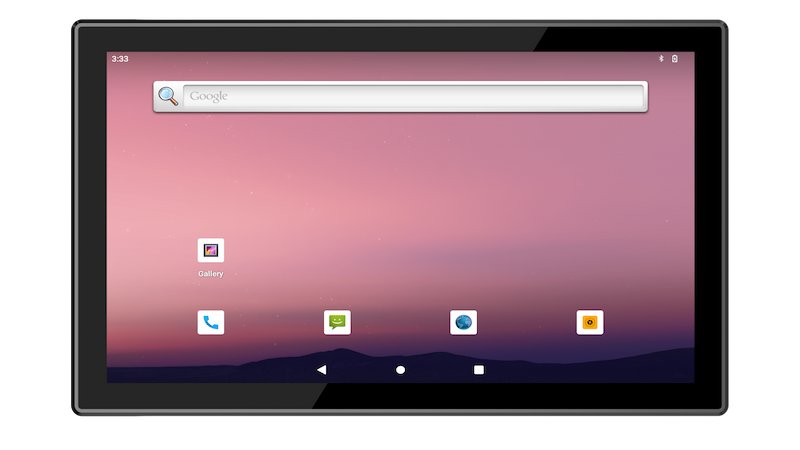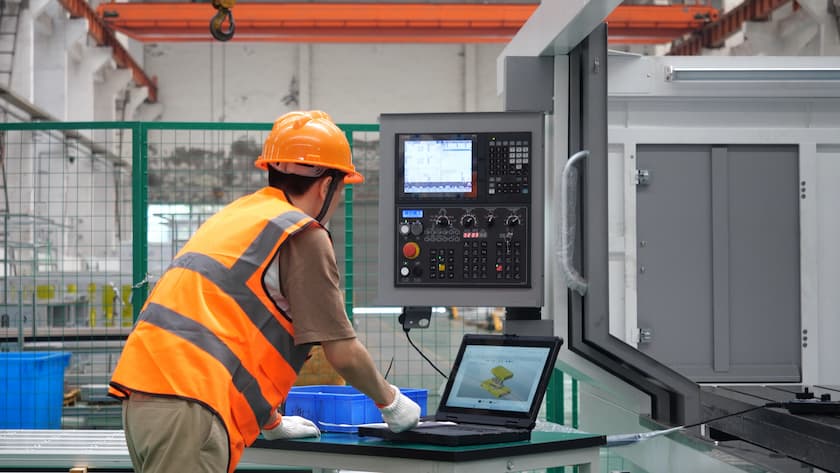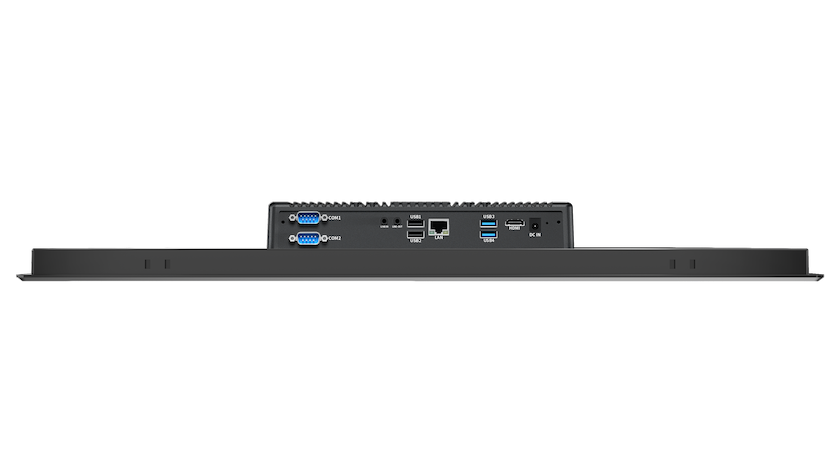

In the realm of computing technology, the distinction between a personal computer (PC) and an industrial computer lies not only in their hardware components but also in their intended purpose and capabilities. While both share common elements such as a motherboard, CPU, RAM, expansion slots, and storage media, industrial computers diverge significantly in several key aspects.

Hardware Similarities and Differences
At first glance, a PC and an industrial computer may appear similar due to their shared hardware components. Both typically feature a motherboard that houses the central processing unit (CPU), random-access memory (RAM), and various expansion slots for additional functionality. Additionally, storage media such as hard disk drives (HDDs) or solid-state drives (SSDs) are integral to both systems.
Key Distinctions: Ruggedness and Reliability
The primary differentiation between a PC and an industrial computer lies in ruggedness and reliability. Industrial computers are engineered to withstand harsh environmental conditions and demanding operational requirements. They are built with robust materials and undergo rigorous testing to ensure resilience against factors like temperature fluctuations, moisture, dust, and vibration.

Performance and Compatibility
While both PC and industrial computer hardware can offer high performance, industrial computers are often optimized for specific industrial applications. They are designed to deliver consistent and reliable performance in industrial settings where reliability is paramount. Moreover, industrial computers are engineered for seamless compatibility with industrial machinery and equipment, ensuring smooth integration into existing systems.
Expandability and Long-Term Availability
Industrial computers typically offer greater expandability and long-term availability compared to standard PCs. They are designed to accommodate future upgrades and expansions, allowing businesses to adapt to evolving technological requirements without overhauling their entire computing infrastructure. Furthermore, industrial computer manufacturers prioritize long-term availability of components and support, minimizing the risk of obsolescence and ensuring continuity of operations.

FAQs (Frequently Asked Questions)
1. What are the primary applications of industrial computers?
Industrial computers find extensive use across various sectors, including manufacturing, automation, transportation, healthcare, and energy. They are deployed in industrial control systems, process automation, machine vision, data acquisition, and monitoring applications, among others.
2. How do industrial computers differ from ruggedized PCs?
While both industrial computers and ruggedized PCs are designed for challenging environments, industrial computers are tailored to specific industrial applications and often offer enhanced durability, reliability, and customization options to meet industry-specific requirements.
3. Are industrial computers more expensive than standard PCs?
Yes, industrial computers generally command a higher price point compared to standard PCs due to their specialized design, rugged construction, and tailored features. However, the long-term reliability, performance, and compatibility offered by industrial computers justify their higher upfront cost for many industrial applications.
You may also be interested in other industrial tablets provided by ONErugged, one of leading rugged tablet manufacturers in China:
Rugged android tablet with GPS